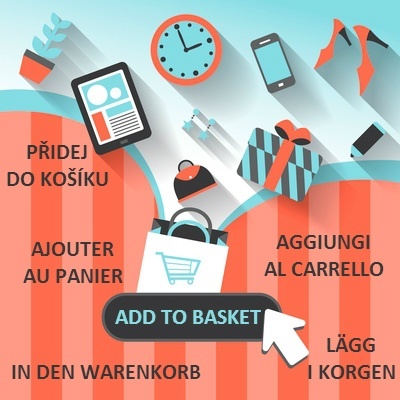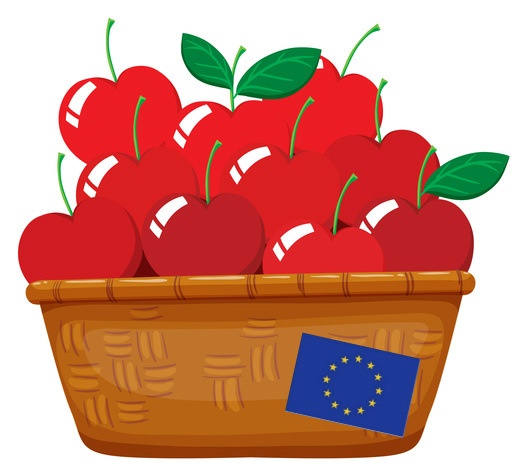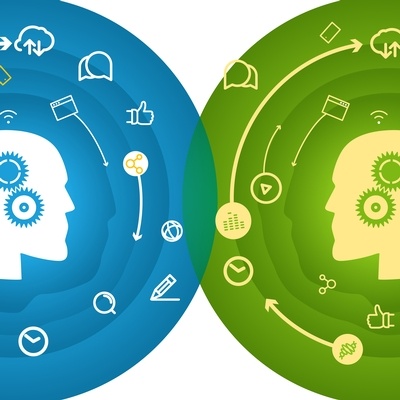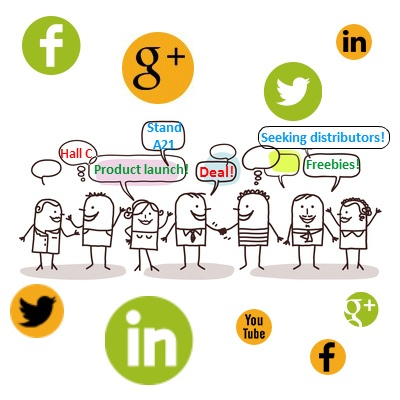Google Translate boasts 103 languages, covering 99% of the online population and processes more than 1 billion user translation requests per day. I love Google Translate because it is so easy to use and it costs nothing. I hate Google Translate because the results I get range from an approximation to complete gibberish. Great for personal use, but bad for business. Given the complexity of languages in the world (check out our translation article), those of us challenged with international communications know that quality language translation is extremely complex: it is hugely demanding of expertise and time, and so of money. As they say, “you get what you pay for”.
Read MoreInternational Business and Technology Blog
John Worthington
Recent Posts
Tags: All posts, Global Markets
Privacy Shield is the reassuringly protective and secure sounding title given to the new US-EU deal (February 2016) on transatlantic data flows. Essentially, the concern is one way, that of European Union (EU) data flows to the United States (US). The previous agreement, seductively entitled Safe Harbor, proved to be anything but safe for EU data and was finally struck down by the European Court of Justice (ECJ) in October 2015. Safe Harbour has been described as “a way for US businesses to transfer EU citizens’ personal data to the US even though American data protection laws are not up to the European standard”. In retrospect, it seems amazing it lasted so long.
Read MoreTags: All posts, Digital Compliance
It’s all about the user – whether that user is German, English, French, Italian or Estonian - any of the 500+ million European citizens from one of the 51 countries, speaking (and reading) dozens of languages. In the European Union (EU) alone we have 28 countries and 24 officially recognized languages. It is therefore not surprising that corporations seeking to grow their exports and business in European markets face significant challenges. An online strategy, fit for purpose, is an essential element for success in Europe and that strategy has to focus on your specific targeted profiles who first have to easily find your website site (through the plethora of search engines) and then use it, knowing that today’s users demand localized, relevant content.
Read MoreEuropean apples and pears for the USA - Draft rule paves the way for EU exports of apples and pears to the US! This is a great example of what goes on behind the headlines in negotiations between the European Union and the Unites States of America regarding the Transatlantic Trade and Investment Partnership (TTIP). The TTIP negotiations kicked off in 2013 and so far 11 rounds have taken place, the last one in Miami in October 2015. The EU request to the US Department of Agriculture (USDA) to simplify market access for fruit growers, covers only eight EU Member States (Belgium, Germany, Spain, France, Italy, the Netherlands, Poland and Portugal).
Read MoreTags: All posts
"Digital Minds for a New Europe" is an excellent collection of 44 extremely well informed articles concerning, you guessed it, Digital and Europe (two subjects about which I care strongly), both subjects holding much promise for a better future. Leading and diverse “digital minds” from the political, academic and business worlds share with us their vision to “boost a new digital Europe”.
I give this work a serious like (two thumbs up). Start by reading the excellent Foreword by one of Europe’s true heroines’ Neelie Kroes (more on Ms Kroes below). Kroes thanks the crowd-sourced contributors and takes us back in time (a century ago, through world wars, and a quick technology recap…) to introduce us to the near future (“we are entering a whole interconnected, data-driven universe”).
Waxing rather lyrical, Kroes warns us “New seeds will not sprout, nor saplings grow, if they have to fight for survival in the shades of old – but respected – trees and if they are surrounded by dense forests of regulation and hampered by persisting European fragmentation”. This tells us where the compilation is going. Indeed, from the vantage point of Digital Commissioner, as she was, Kroes understands better than most, the challenges ahead for Digital Europe, and warns us: “Adapt or die”.
Read MoreTags: All posts
Watch the “The Great European Disaster Movie”, a wakeup call for everyone, portraying Europeans “sleepwalking towards disaster”. Take a few minutes for yourself, relax, click here, get on board enjoy, learn, get worried and wake up to The Great European Disaster Movie.
Today the European Union (EU) comprises 28 of the world's freest democratic countries, >500 million well educated and wealthy consumers, arguably the world's largest economy with >$17.65 trillion, >21 million successful small and medium-sized enterprises (SMEs) and many more millions of businesses that benefit hugely from their trade with and invest in Europe.
Yet the four founding freedoms (the free movement of goods, capital, services and people) of the EU project is under extreme social and political threat. If, as I do, you believe that these freedoms boost economic growth, make the everyday life of consumers and businesses easier, that they promote cultural exchange, mutual recognition and respect, societal integration and peace, then you must actively support this European project.
Read MoreTags: All posts
The European Union (EU) Delegation to the United States just published another “eu matters” entitled “Partners of Choice in a Complex World” looking at i) the scale of the EU-US economic relationship and ii) the many areas where the US and EU partner to confront global challenges.
Concurrently, diligently in the background, the Transatlantic Trade and Investment Partnership (TTIP) negotiation teams are preparing for the next round of negotiations, scheduled for early 2016. Cecilia Malmström, EU Trade Commissioner stated, “We want to use trade agreements to set ambitious and binding standards, to address global challenges such as protecting the environment and labour rights in a globalised world”. Proposals are being put forward on a range of issues including collaboration with the International Labor Organization (ILO) to implement strong labor standards, combat illegal logging, fishing and other transnational environmental issues, limiting the use of antibiotics in animal production to help combat antibiotic resistance as well as the small and medium-sized enterprises (SMEs) chapter of TTIP that would establish a Committee on SME issues.
Read MoreTags: All posts
Over 30,000 trade shows each year are managed by thousands of organisers (who employ tens of thousands of people), mobilise millions of exhibitors, entice hundreds of millions of visitors and generate >US$26Bn in revenues.
From a fringe techy activity, social media at trade fairs has exploded and today is an obligation if you wish to achieve successful trade show metrics.
Read More “Building a Capital Markets Union” is a European Commission (EC) “green paper” that launched earlier this year. The stated objective is how Europe can leverage its single market (it’s always about single markets…) to improve financial services, consumer choice and, most importantly, access to capital for investment in European businesses, notably Europe’s Small Medium Enterprises (SME). By 2019, so just 4 years away, the EC will present its legislative proposals to the European Parliament. The digital revolution has brought a wealth of improved consumer services and greater access to funding opportunities.
“Building a Capital Markets Union” is a European Commission (EC) “green paper” that launched earlier this year. The stated objective is how Europe can leverage its single market (it’s always about single markets…) to improve financial services, consumer choice and, most importantly, access to capital for investment in European businesses, notably Europe’s Small Medium Enterprises (SME). By 2019, so just 4 years away, the EC will present its legislative proposals to the European Parliament. The digital revolution has brought a wealth of improved consumer services and greater access to funding opportunities.
Tags: All posts
A great choice of venue, the Miami sunshine played its part in the successful 11th round of Transatlantic Trade and Investment Partnership (TTIP) negotiations from October 19 - 23, 2015. It has been three long months since the US and EU TTIP negotiating teams last met. Now they gathered, suitably attired for the warm weather they would confront and the well-rehearsed and prepared negotiating program, including the obligatory Stakeholder Presentations (all about being inclusive) on October 21st and the Chief Negotiators Briefing (all about being open and transparent) at the closing on October 23rd.
Read MoreTags: All posts









